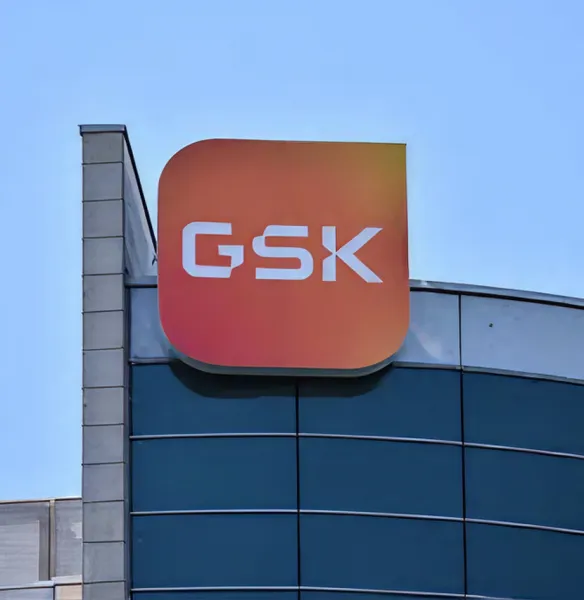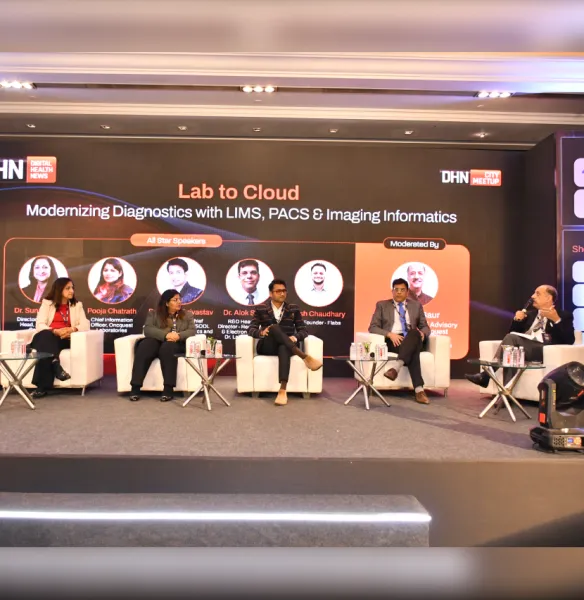British-Swedish Pharma Giant AstraZeneca's Alexion Partners with USA's Verge Genomics in a $840 Mn+ Deal

This collaboration aims to discover novel drug targets for rare neurodegenerative and neuromuscular diseases.
British-Swedish pharmaceutical major, AstraZeneca, has formed a partnership between its rare disease unit, Alexion, with American biotechnology firm Verge Genomics. The partnership deal is reported to be valued at over $840 million.
Further, the partnership aims to discover novel drug targets for rare neurodegenerative and neuromuscular diseases.
Reportedly, following this, Verge's Al and machine-learning-enabled Converge drug discovery platform will be used to find multiple targets that claim a higher probability of clinical success.
Unlike conventional methods of starting with cell or animal models, Verge's platform is said to use a library of genomic datasets sourced directly from human tissue combined with a human-centred biology platform. This approach is said to rapidly advance new data insights into clinical candidates
Stating details into the collaboration, AstraZeneca's Alexion will select high-potential targets for each specific indication. Furthermore, it will have the option to licence and advance successful targets through clinical development and commercialisation
Reportedly, the American biotechnology firm will receive up to $42 million in upfront and near-term payments and shall be eligible to receive up to $840 million in milestone payments along with royalties. Alexion will further take an equity position at Verge.
Founded in 1999, through the merger of the Swedish Astra AB and the British Zeneca Group, AstraZeneca has a portfolio of products for major diseases in areas including oncology, cardiovascular, gastrointestinal, infection, neuroscience, respiratory, and inflammation. Moreover, it has been involved in developing the Oxford'“AstraZeneca COVID-19 vaccine.
While, Verge Genomics, founded in 2015, is a biotechnology firm that uses artificial intelligence and human genomics to accelerate drug discovery for rare neurodegenerative and neuromuscular diseases. Additionally, USA's Verge Genomics has developed a proprietary platform called Converge, which integrates large-scale genomic data from patients with computational models to identify novel drug targets and biomarkers.
Stay tuned for more such updates on Digital Health News
































